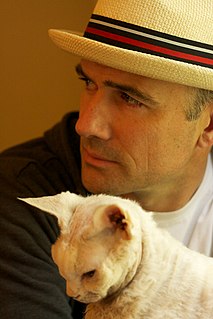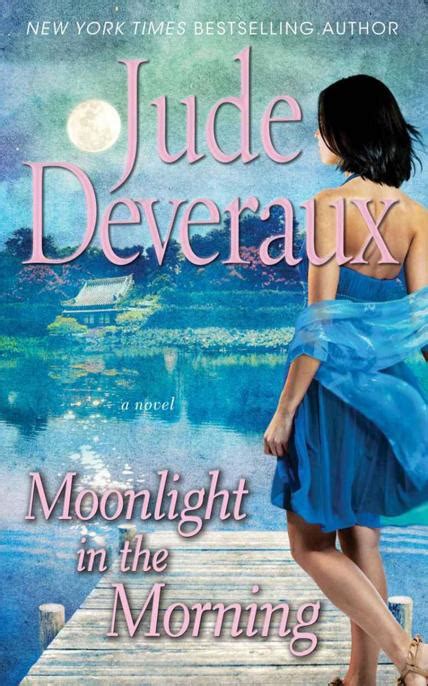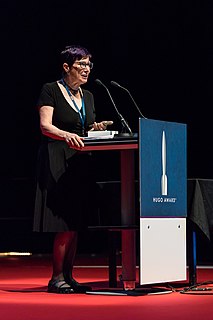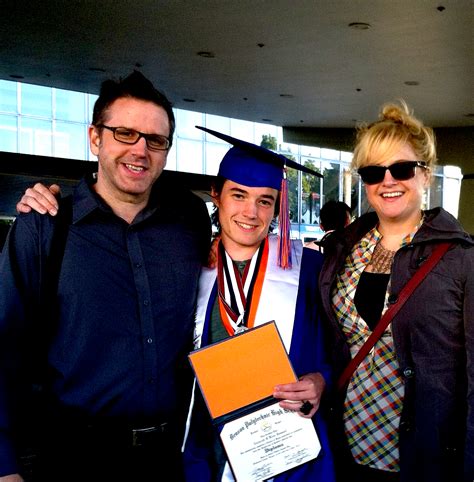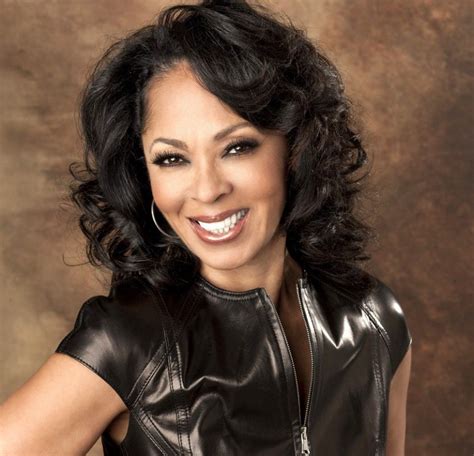A Quote by Guillermo del Toro
I have a lot of artifacts - books on witchcrafts and talismans. I have a big, big collection of original occult books from the 1800s and 1700s, and some of the oldest books on apparitions and vampires. All original printings. It's not that I'm a crazy believer, I just find it to be amazing research material.
Related Quotes
I'm always reading many books at a time. It might be quite unorthodox, but what I do is, since I'm always surrounded with books, I'll read a page of physics, and then I'll read a chapter of a novel that I really love, and then I'll say, "Oh well, what does that mixture do in my head?" I adore reference books. I love encyclopedias. I also like just going back to original texts, because a lot of these self-help books today.
The current publishing scene is extremely good for the big, popular books. They sell them brilliantly, market them and all that. It is not good for the little books. And really valuable books have been allowed to go out of print. In the old days, the publishers knew that these difficult books, the books that appeal only to a minority, were very productive in the long run. Because they're probably the books that will be read in the next generation.
Most of my library consists of books on the Catholic faith: conversion stories, books on saints and Early Church Fathers, Apparitions of Mary, prayer books, Scriptural resource books on Apologetics, Typology, concordances, bible dictionaries, bible encyclopedias and at least 40 bibles - both Catholic and Protestant editions in several different translations.
In many countries in the Middle East - and this is changing in the wake of the Arab Spring - but for a long time, censorship of books and film was a very big deal. There were books you couldn't buy; things with political content would be censored, but there were some genres of books and film that the censors just didn't understand.


